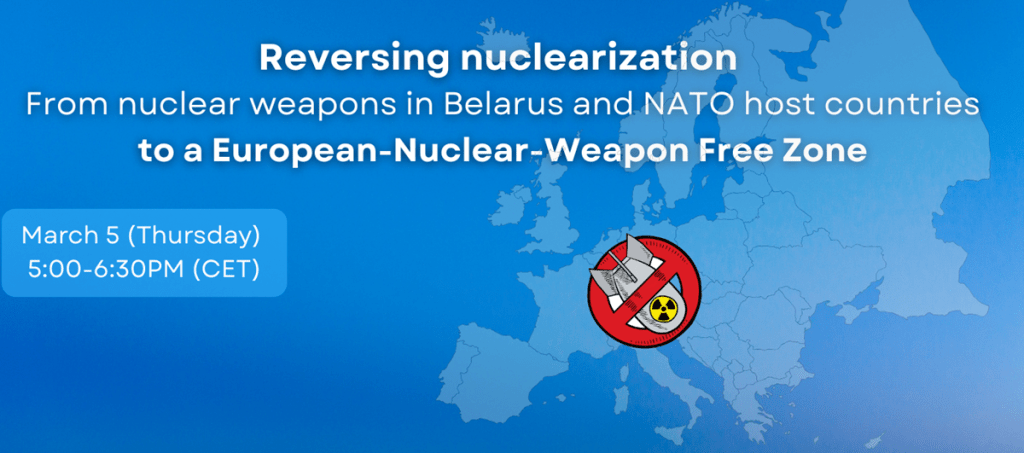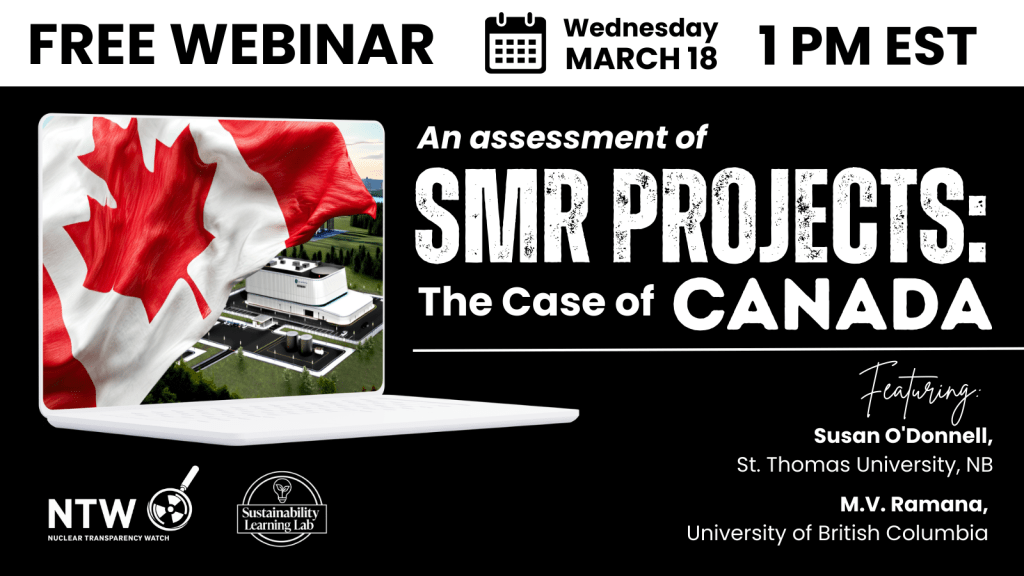Germany and France finally agree on a plan to subsidise the nuclear industry

Germany And France Finally Compromise On Nuclear.
Oil Price.comBy Leonard Hyman & William Tilles – Oct 24, 2023,
- After a long period of disagreement, France and Germany finally reached a deal on electricity markets.
- The Germans and French seized on a solution used in the UK for a quarter century to give the appearance of a functioning market: the contract for differences.
- In an effort to find equilibrium between the European Union’s two biggest members, ministers reached a consensus that governments “have the option” to implement CfD’s for established nuclear reactors.
“……………………………………….. . France depends heavily on nuclear power generated by state-owned EDF. Existing French nuclear plants will require major capital improvements and the plants under construction are enormously expensive. The French government wants to subsidize its nuclear program, but other European Union (EU) countries (especially Germany) objected, because state subsidies are not in the spirit of the EU’s energy markets.
The market should determine prices, and should determine the appropriate means to supply the demand, the opponents argue. ……………………………
Europeans woke up to the likelihood that their unsubsidized firms would have to compete with heavily subsidized Chinese and American competitors. Furthermore, European firms looking at those American subsidies started talking about moving their facilities to the US, to qualify for the subsidies.
………………………………….. the risks of building a big nuclear plant are too great for any private enterprise to undertake. So the government has to step up to provide funds for the project.
The Germans and French seized on a solution used in the UK for a quarter century to give the appearance of a functioning market: the contract for differences. It works like this. The power producer sets a strike price with the buyer (who has signed a multiyear year agreement to buy the electricity). When the market price the generator can collect exceeds the strike price, the generator has to refund the surplus to the buyer. When the market price falls below the strike price, the buyer has to give the difference to the generator. Now here is the key to the deal. The strike price does not result from market forces but rather from the revenue needed to cover the cost of building or maintaining a nuclear unit, which the buyers cannot evade unless the nuke stops operating. The state, in the end, sets the price, and determines the terms of what really is a long term fixed contract made with a buyer that has no choice but to buy. In other words, this is not a commercial transaction, because in free markets, buyers have a choice: to buy or not buy.
To us, this deal, if it gets approval from the EU, signals that the EU fully acknowledges that choosing nuclear power is a political decision. And that expanding nuclear power requires government actions and explicit government financial support. That clears the air. Now let’s see what the policymakers do. https://oilprice.com/Alternative-Energy/Nuclear-Power/Germany-And-France-Finally-Compromise-On-Nuclear.html #nuclear #antinuclear #nuclearfree #NoNukes
No comments yet.
-
Archives
- March 2026 (38)
- February 2026 (268)
- January 2026 (308)
- December 2025 (358)
- November 2025 (359)
- October 2025 (376)
- September 2025 (258)
- August 2025 (319)
- July 2025 (230)
- June 2025 (348)
- May 2025 (261)
- April 2025 (305)
-
Categories
- 1
- 1 NUCLEAR ISSUES
- business and costs
- climate change
- culture and arts
- ENERGY
- environment
- health
- history
- indigenous issues
- Legal
- marketing of nuclear
- media
- opposition to nuclear
- PERSONAL STORIES
- politics
- politics international
- Religion and ethics
- safety
- secrets,lies and civil liberties
- spinbuster
- technology
- Uranium
- wastes
- weapons and war
- Women
- 2 WORLD
- ACTION
- AFRICA
- Atrocities
- AUSTRALIA
- Christina's notes
- Christina's themes
- culture and arts
- Events
- Fuk 2022
- Fuk 2023
- Fukushima 2017
- Fukushima 2018
- fukushima 2019
- Fukushima 2020
- Fukushima 2021
- general
- global warming
- Humour (God we need it)
- Nuclear
- RARE EARTHS
- Reference
- resources – print
- Resources -audiovicual
- Weekly Newsletter
- World
- World Nuclear
- YouTube
-
RSS
Entries RSS
Comments RSS






Leave a comment